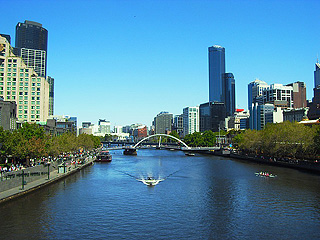Latvian Translation for Death Certificate
 We can translate death certificates from/to any language for legal purposes in Australia.
We can translate death certificates from/to any language for legal purposes in Australia.
If you need certified translation from a trusted translation service provider, contact us for a quote. Our full-time, professional Latvian translators are ready to assist with any Latvian document translation request.
NAATI Certified Translator for Fast Latvian Document Translation
- Simply upload your document using the form on this page
- Secure payment online using credit card
- Affordable translation, no hidden cost
- NAATI translator certification, accepted for official use in Australia
- A translation agency that delivers on time and does not depend on just one individual
- Low Price, Fast Delivery
- Discount for repeat customers or large orders
- Full-time, professional translators experienced in translating all kinds of documents
- Personal, friendly service
Besides translating death certificates, we also translate for the following documents:
- ID card translations
- Degree translations
- Diploma translations
- Passport translation
- Family register/book translations
- Employment reference translations
- Police Clearance Certificate Translation
- Change of name certificate translations
- Vaccination certificate translations
- Education certificate translations
- Employment reference translations
- Birth certificate translation
- Tertiary certificate translations
- Identity certificate translations
- Divorce certificate translations
- Baptism certificate translations
- Custody document translations
- Academic transcript translations
- Legal translation services
- Death certificate translation
- Degree certificate translations
- Marriage certificate translations
- Medical certificate/report translations
- Letters of appointment translations
- Employment contract translations
- Academic transcript translations
- Professional certificate translations
- Trade certificate translations
- Driving licence translation
- Motor cycle licence translations
- Primary school certificate translations
- Secondary certificate translations
- Vocational certificate translations
- Sydney
- Melbourne
- Brisbane
- Perth
- Canberra
- Darwin
- Hobart
- Adelaide
- Wollongong
- Newcastle
- Cairns
More About The Latvian Language
Latvian emerged as a distinct language in the 16th century, having evolved from Latgalian and assimilating Curonian, Semigallian and Selonian on the way. All of these belong to the Baltic language group.
The oldest known examples of written Latvian are from a 1530 translation of a hymn made by Nikolaus Ramm, a German pastor in Riga.
Until the 19th century, the Latvian language was heavily influenced by the German language, because the upper class of local society was formed by Baltic Germans. In the middle of the 19th century the first Latvian National Awakening was started, led by “Young Latvians” who popularized the use of Latvian language. Participants to this movement laid the foundations for standard Latvian and also popularized the latvianization of loan words. However, in the 1880s, when czar Alexander III came into power, Russification started. During this period, some Latvian scholars even suggested adopting Cyrillic for use in Latvian. After the czar's death, at the turn of the 19th and 20th centuries, nationalist movements reemerged.
Latvian Death Certificate Translation
Upload your documents here for translationOur Valued Clients

